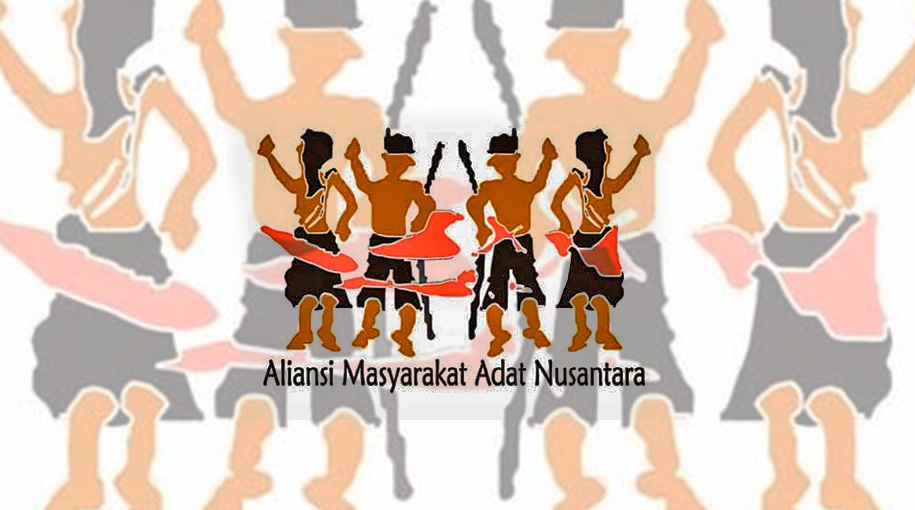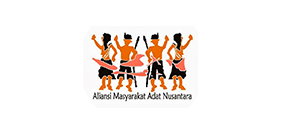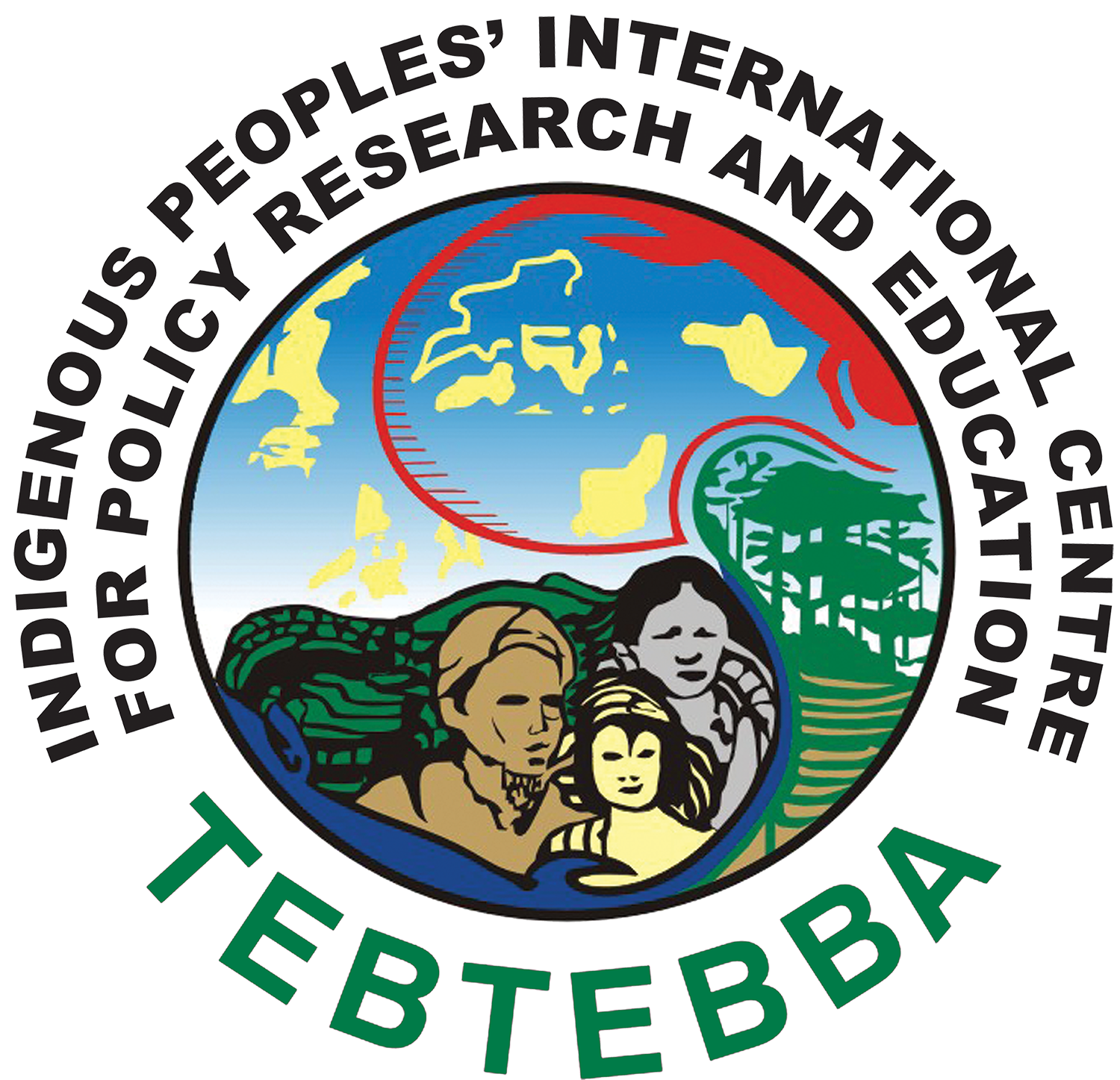Securing Indigenous Peoples' from the Spread of Covid-19 Pandemic and the Impacts on Food Security in Indigenous Territory
Background
Indonesia is likely to have a massive spike in COVID-19, related illnesses, and deaths for multiple reasons, one of which is that to date the annual "returning to one's home village" from the cities (referred to in Indonesian as mudik) during Eid (the celebration of the end of Ramdhan) -- which starts on May 23 this year.
Indigenous Peoples have undertaken various initiatives to respond to the spread of COVID-19: “tolak bala” rituals (rituals to prevent misfortune or bad luck), dignified individual quarantine, lockdown of customary territories; and ensuring food stocks, formulation of traditional medicines by traditional healers, growing food crops that can be harvested in a short time period. Village Heads (village-elected leaders recognized by the government) in indigenous peoples’ communities, together with indigenous women and young people who have created and run “customary schools” that ensure young people learn local traditions and indigenous knowledge, are all working together against the spread of COVID-19.
Indigenous peoples who still live in harmony with nature are self-sufficient. For over the generations and up to now, they have demonstrated their self-sufficiency in food supplies. Food surpluses from indigenous communities are sent to help fellow Indonesians who lack food. Yes, indigenous peoples are the final or ultimate stronghold of the archipelago.
On the other hand, the leaders of local indigenous peoples’ organizations whose members live in big cities have an extremely heavy burden in serving their members in this COVID-19 threatened situation.
AMAN has a COVID-19 Emergency Response Unit or AMANkanCovid19 Team, whose role in addressing the coronavirus pandemic are:
- Monitoring of conditions and impacts of COVID-19 in Indigenous Peoples,
- Support the efforts made by indigenous communities in dealing with the COVID-19 pandemic,
- Ensuring the needs of indigenous communities in addressing or prevention of the spread of COVID-19 in indigenous territories,
- Develop an effective strategy related to COVID-19 mitigation and its impacts on indigenous territories.
Project Objective
Support indigenous peoples so that they are able to prevent the spread of the coronavirus and maintain the availability of food stocks during the pandemic
Target Beneficiaries
The target beneficiaries of this project are indigenous peoples in Indonesia, especially elders, women and youth:
- Indigenous peoples in small islands and coastal areas;
- Indigenous territories with the high local transmission (movements of peoples) from cities and/or "red zone" areas;
- Indigenous territories that have been seized by palm oil plantation companies, mining companies, and others;
- Indigenous peoples' with non-food crops commodities, such as coffee, rubber, etc.




